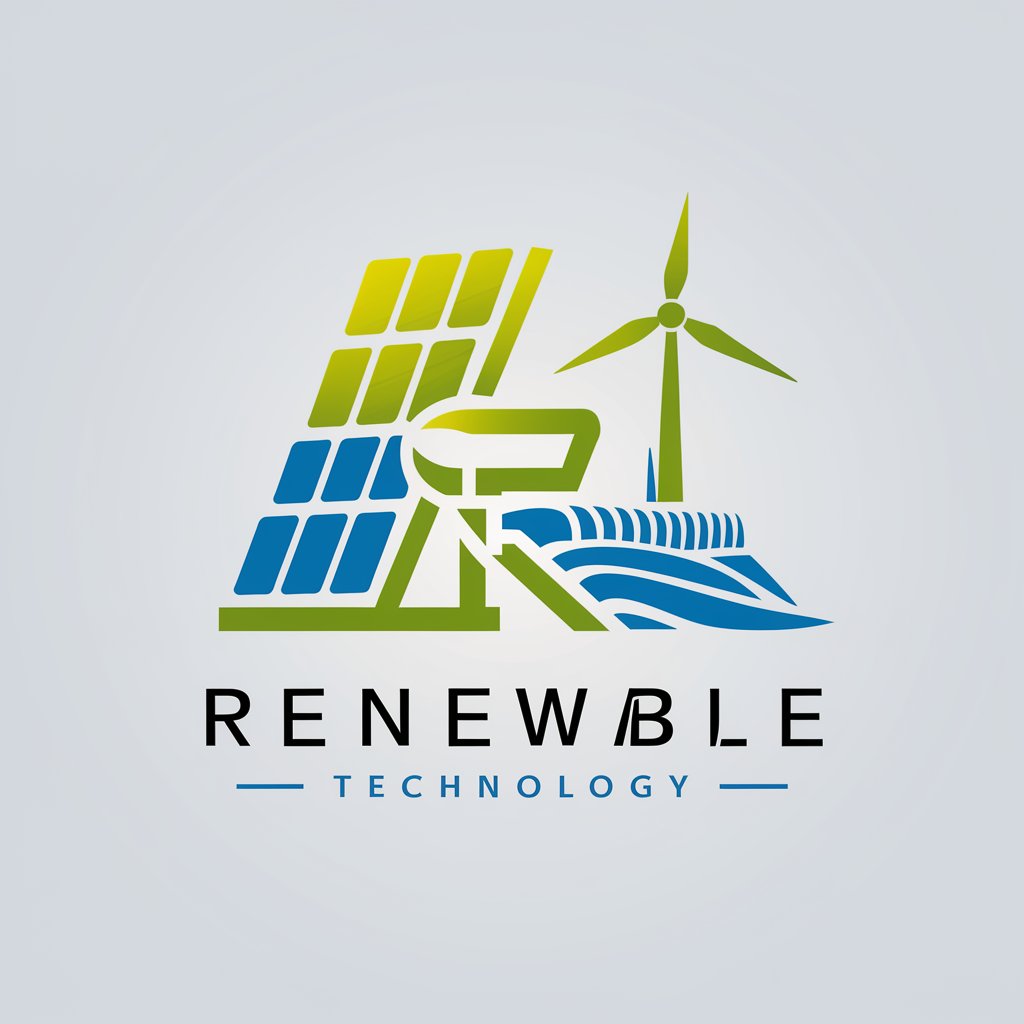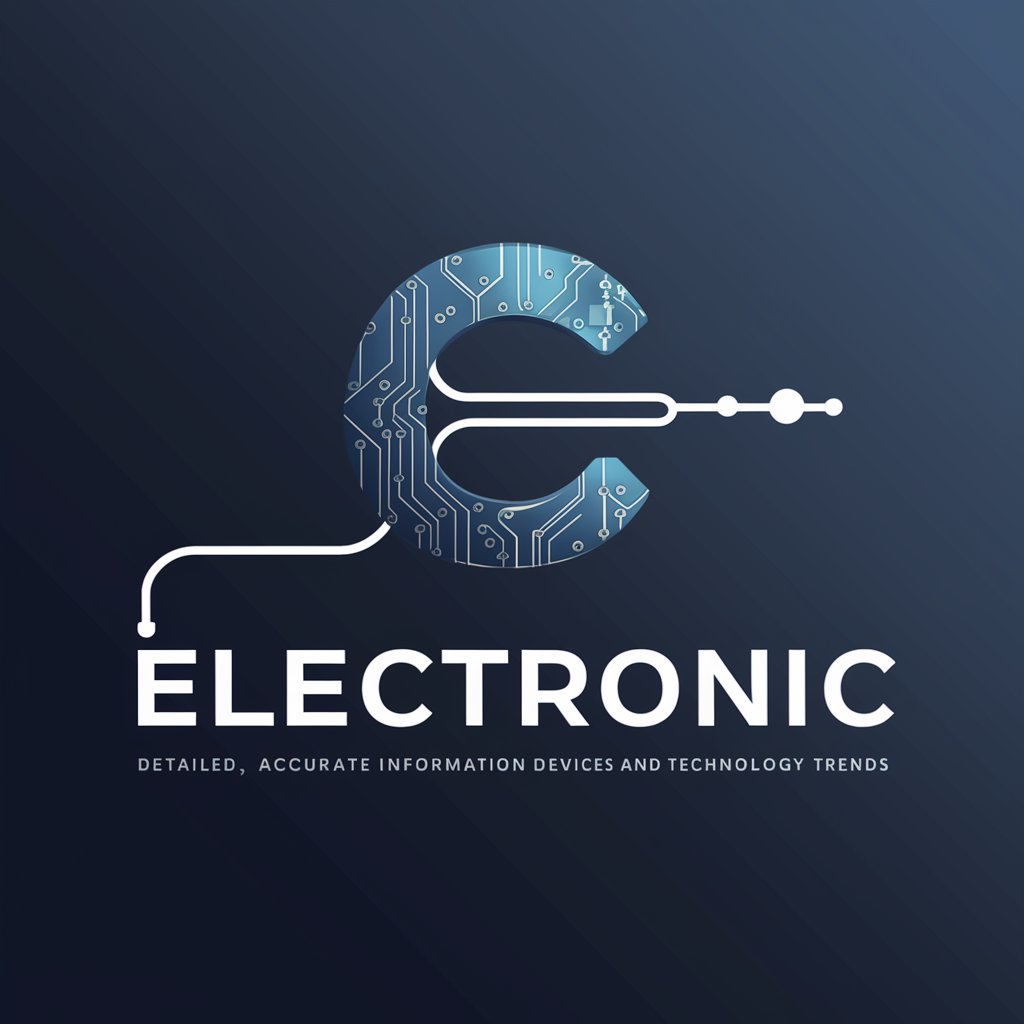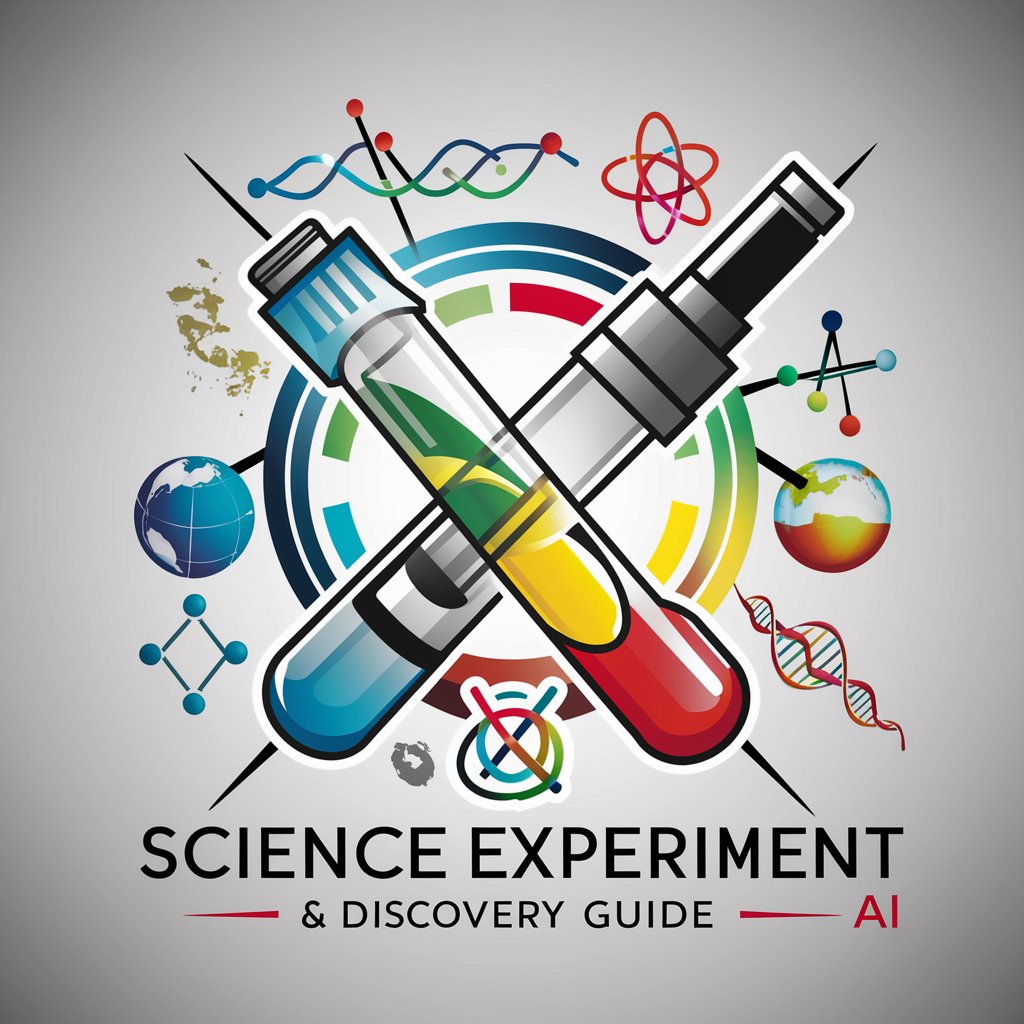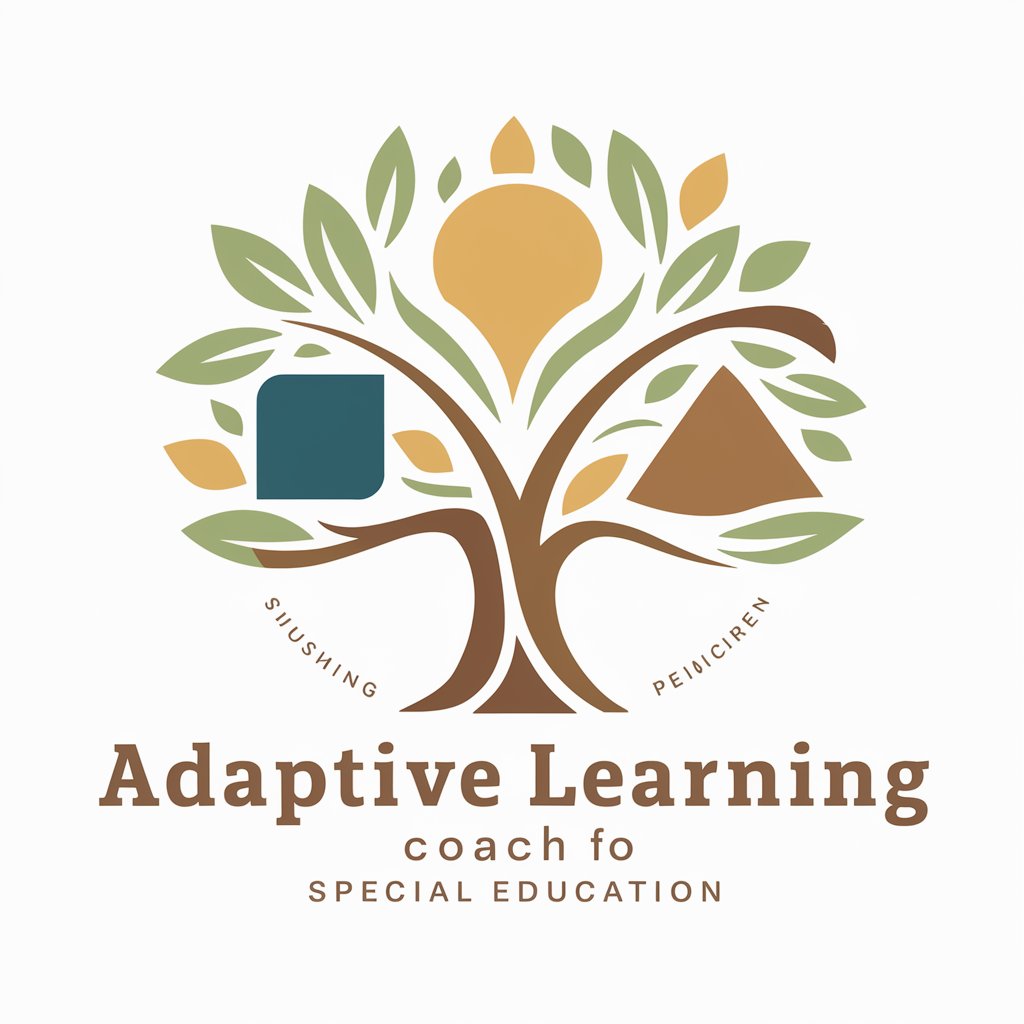Renewable Energy & Sustainable Technology Guide - Guide on Renewable Energy

Welcome! Let's explore renewable energy and sustainable technologies together.
Powering the Future with AI-Driven Sustainability Insights
Can you explain the benefits of solar power for residential use?
What are the latest advancements in wind turbine technology?
How can businesses reduce their carbon footprint with renewable energy?
What are the environmental impacts of different renewable energy sources?
Get Embed Code
Introduction to Renewable Energy & Sustainable Technology Guide
The Renewable Energy & Sustainable Technology Guide is a specialized resource designed to assist individuals, businesses, and communities in navigating the complex landscape of renewable energy and sustainable technologies. It aims to provide a deep understanding of various renewable energy sources such as solar, wind, hydro, and geothermal power, alongside insights into cutting-edge sustainable technologies. Through detailed explanations, the guide seeks to promote the adoption of these technologies by illustrating their environmental benefits, efficiency, and potential cost savings. For instance, it might elaborate on the process of converting a residential property to solar power, detailing the types of solar panels, installation methods, and potential savings on electricity bills. Similarly, it could discuss the advantages of wind turbines for rural communities, including how they operate, their impact on local ecosystems, and ways to integrate them with existing power grids. Powered by ChatGPT-4o。

Main Functions of Renewable Energy & Sustainable Technology Guide
Educational Content Delivery
Example
Explaining how solar panels convert sunlight into electricity, including the types of solar cells, the importance of orientation and angle for maximum efficiency, and the difference between grid-tied and off-grid systems.
Scenario
A homeowner considering the installation of solar panels to reduce their carbon footprint and electricity bills.
Practical Implementation Advice
Example
Guidance on selecting and installing a residential wind turbine, considering factors such as local wind patterns, zoning laws, turbine size, and expected energy output.
Scenario
A small-scale farmer looking to supplement their energy needs with wind power.
Environmental Impact Assessment
Example
Analysis of the lifecycle emissions of electric vehicles compared to gasoline vehicles, including manufacturing, operation, and disposal stages, to help consumers make informed decisions.
Scenario
An individual considering purchasing an electric vehicle as part of their commitment to reducing their personal environmental impact.
Updates on Advancements in Sustainable Technologies
Example
Coverage of the latest developments in battery storage technologies, including advancements in lithium-ion batteries, alternatives like solid-state batteries, and their implications for renewable energy storage solutions.
Scenario
Energy managers in businesses seeking to enhance their energy storage capabilities to improve efficiency and reduce costs.
Ideal Users of Renewable Energy & Sustainable Technology Guide Services
Homeowners and Residential Property Owners
Individuals looking to reduce their carbon footprint and energy bills through the adoption of solar panels, small wind turbines, or geothermal heating and cooling systems. They benefit from understanding how to integrate these technologies into their homes, the potential savings, and environmental impact.
Businesses and Commercial Enterprises
Companies aiming to enhance their sustainability practices by implementing renewable energy solutions and sustainable technologies. This includes large-scale solar or wind projects, energy efficiency measures, and sustainable supply chain initiatives. They benefit from detailed case studies, financial analyses, and guidance on regulatory compliance.
Policy Makers and Government Officials
Individuals responsible for developing and implementing policies to promote the use of renewable energy and sustainable technologies within communities or regions. They require insights into the latest research, technological advancements, and successful implementation strategies to inform policy decisions.
Educators and Students
Academics and students in fields related to environmental science, engineering, and sustainability studies. They benefit from access to detailed information on renewable energy sources, sustainable technologies, and their applications, enhancing their educational and research activities.

How to Use the Renewable Energy & Sustainable Technology Guide
Start Your Journey
Begin by accessing yeschat.ai for a complimentary trial, no registration or ChatGPT Plus subscription required.
Identify Your Interest
Clarify your specific interests or needs in renewable energy and sustainable technologies to make the most out of this guide.
Explore Topics
Navigate through various topics like solar, wind, hydro, and geothermal energy, along with sustainable technologies and their environmental impacts.
Ask Questions
Pose specific questions to gain in-depth insights, practical advice, and the latest updates in the field of renewable energy and sustainable technology.
Apply Knowledge
Use the insights and advice provided to implement sustainable solutions in your home, business, or community.
Try other advanced and practical GPTs
Technology
Empowering innovation with AI-driven insights

Electronic
Empowering technology insights at your fingertips.

🇬🇧 Secondary School Tutor
AI-Powered Secondary School Learning Assistant

Science Experiment & Discovery Guide
Empowering Discovery with AI

Adaptive Learning Coach for Special Education
Personalizing Learning with AI

Drinks
AI-Powered Beverage Mastery

Media Buying Analyst
Maximize media spend with AI-driven insights

Media Mentor
Empowering Media Strategies with AI

AI Job Helper
Empowering Your Job Search with AI

Ted the Treasury Bot
Empowering Financial Decisions with AI

👨🏫 Financial Literacy Bot lv3.6
Empowering your financial journey with AI

Super Saiyan GPT
Empower your fitness journey with AI-driven superhero and Dragon Ball Z inspiration.

Frequently Asked Questions about the Renewable Energy & Sustainable Technology Guide
What types of renewable energy does this guide cover?
This guide provides comprehensive insights into various renewable energy sources including solar, wind, hydro, and geothermal energy. Each section offers detailed information on how these technologies work, their environmental impacts, and how they can be implemented.
Can this guide help me with implementing solar panels at home?
Absolutely. The guide offers practical advice on the installation of solar panels, including considerations for site selection, system sizing, cost estimation, and regulatory requirements. It also provides tips on maximizing efficiency and leveraging financial incentives.
How does this guide address the environmental impacts of renewable energy?
It provides a detailed analysis of the environmental benefits and potential challenges associated with each type of renewable energy. This includes discussions on carbon footprint reduction, wildlife impact, and the sustainability of resource extraction and material use.
Is there information on the latest advancements in sustainable technologies?
Yes, the guide regularly updates its content to include the latest research, innovations, and market trends in sustainable technology. This ensures users have access to the most current information to make informed decisions.
How can businesses benefit from this guide?
Businesses can utilize the guide to explore renewable energy solutions that can reduce operational costs and carbon footprints, understand regulatory incentives, and learn about sustainable practices that can be integrated into their operations for long-term sustainability.
